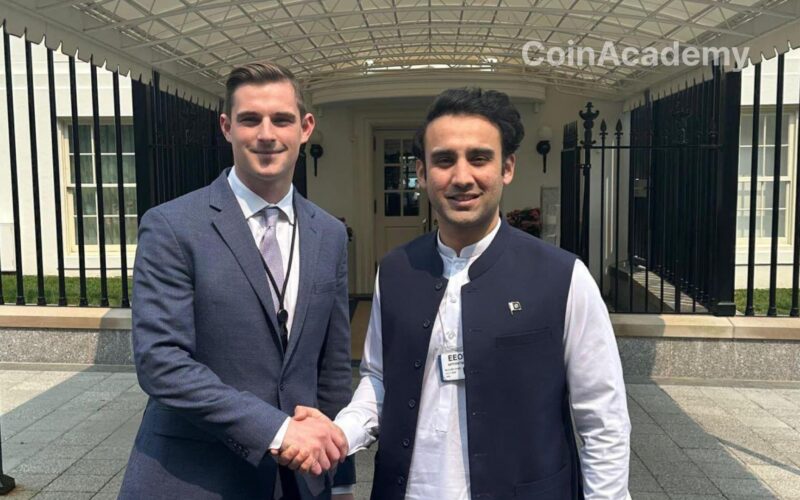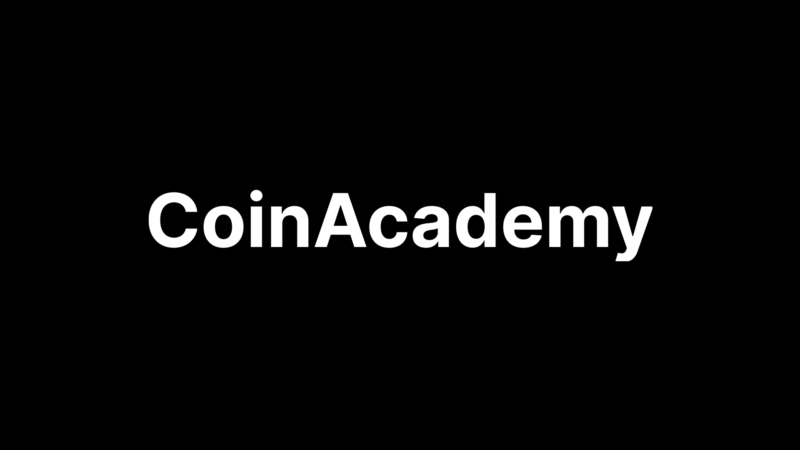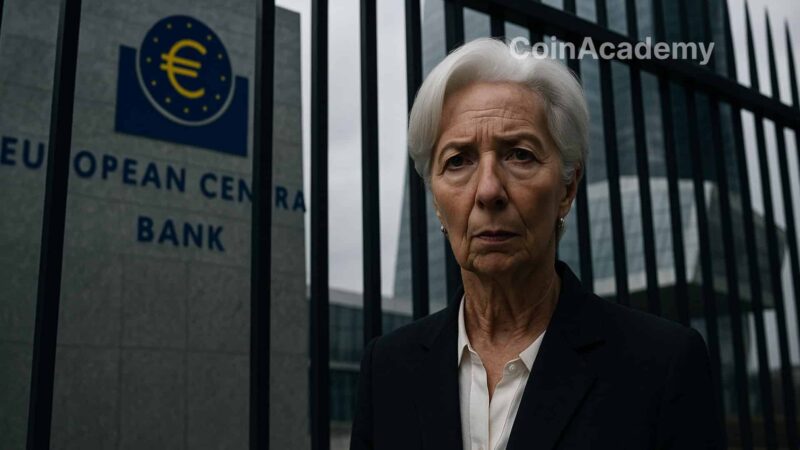The government of Pakistan has presented a national plan based on Bitcoin to the Trump administration, aiming to establish the country as a global leader in the digital economy.
The plan includes dedicating 2,000 megawatts of surplus energy to Bitcoin mining and artificial intelligence, despite concerns raised by the IMF.
A new authority, the Pakistan Digital Assets Authority, has been established to regulate digital assets and structure the country’s crypto sector.
Pakistan Accelerates Bitcoin Strategy
During a meeting at the White House, Pakistani Minister for Crypto and Blockchain, Bilal Bin Saqib, presented an ambitious national plan centered on Bitcoin to the Trump administration. The goal is to position Pakistan as a key player in the global digital economy.
A Strategic Meeting with the Digital Assets Council
Bilal Bin Saqib engaged with Robert “Bo” Hines, Executive Director of the American Presidential Council on Digital Assets, led by David Sacks. This meeting marks an unexpected political alignment between Islamabad and Washington in the crypto asset sector. Discussions focused on bilateral cooperation, technological partnership potential, and the future of decentralized finance.
However, the announcement of a Strategic Bitcoin Reserve by Pakistan has garnered attention. Saqib stated, “It’s my mission to position Pakistan as a global leader in digital assets.” This reserve is part of a broader roadmap to modernize the country’s economy through blockchain, artificial intelligence, and mining.
From Energy Surplus to Data Centers: A Risky yet Bold Bet
The revealed plan involves allocating 2,000 megawatts of excess electricity to Bitcoin mining and the establishment of computing zones for artificial intelligence. This strategy aims to convert energy surpluses into digital productivity, while boosting job creation and strengthening the national digital infrastructure.
However, this direction has raised concerns internationally. The International Monetary Fund (IMF) expressed reservations on May 31, demanding clarifications on the legality of these operations as the country struggles with energy shortages and public debt.
Building a Regulatory Framework
Concurrently, the Pakistani government is laying the groundwork for a legal framework for digital assets. The Pakistan Digital Assets Authority (PDAA), recently approved by the Ministry of Finance, will regulate token platforms, stablecoins, wallets, DeFi, and custody services. This new entity embodies Pakistan’s commitment not to miss out on the regulatory shift in digital finance.




